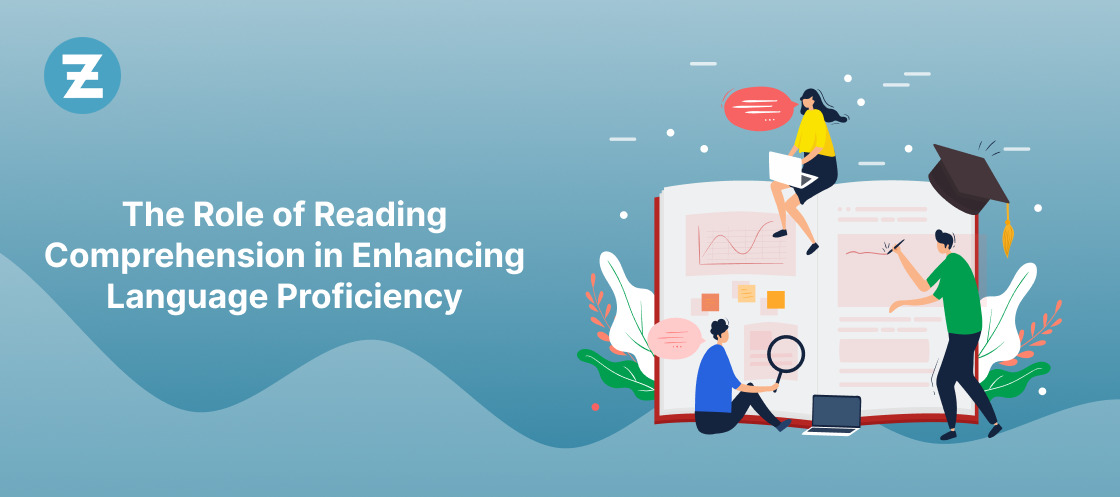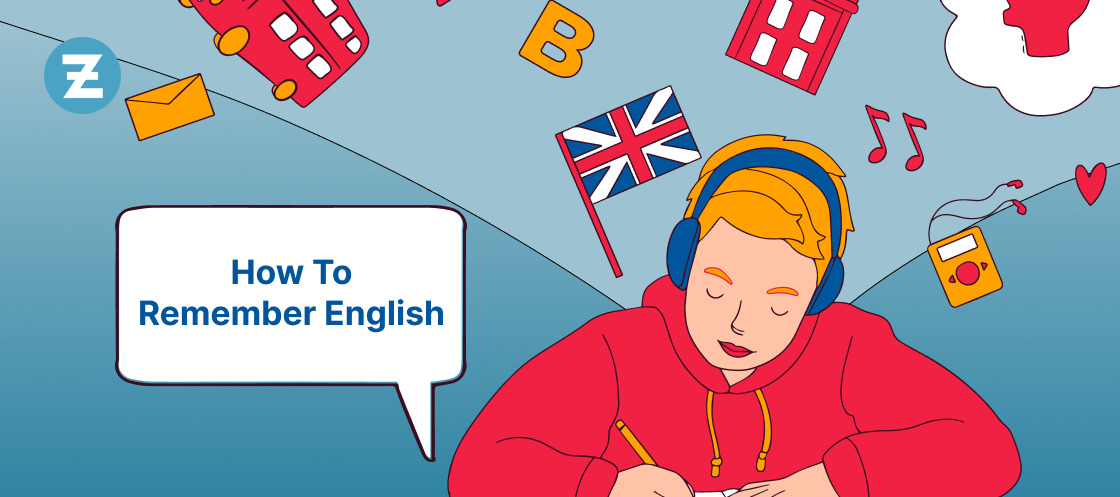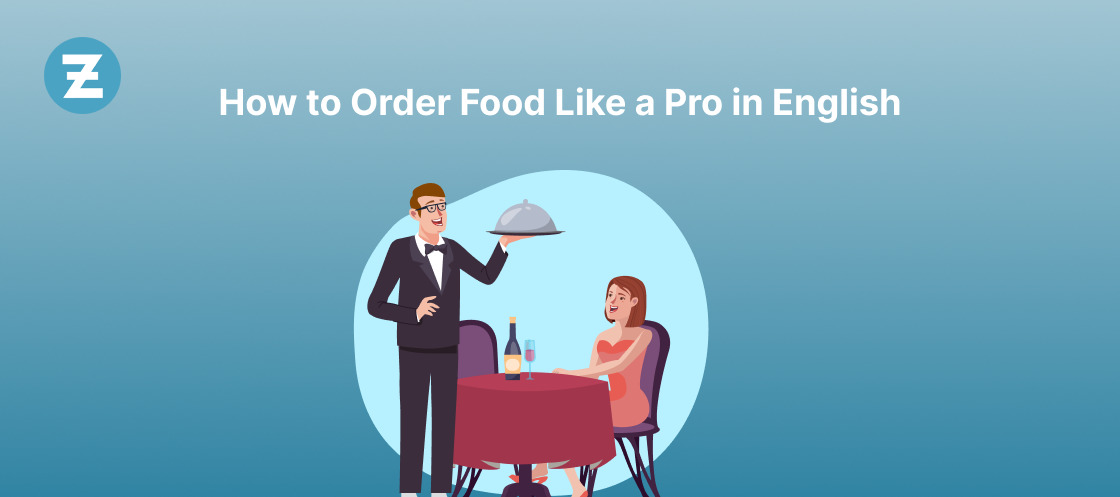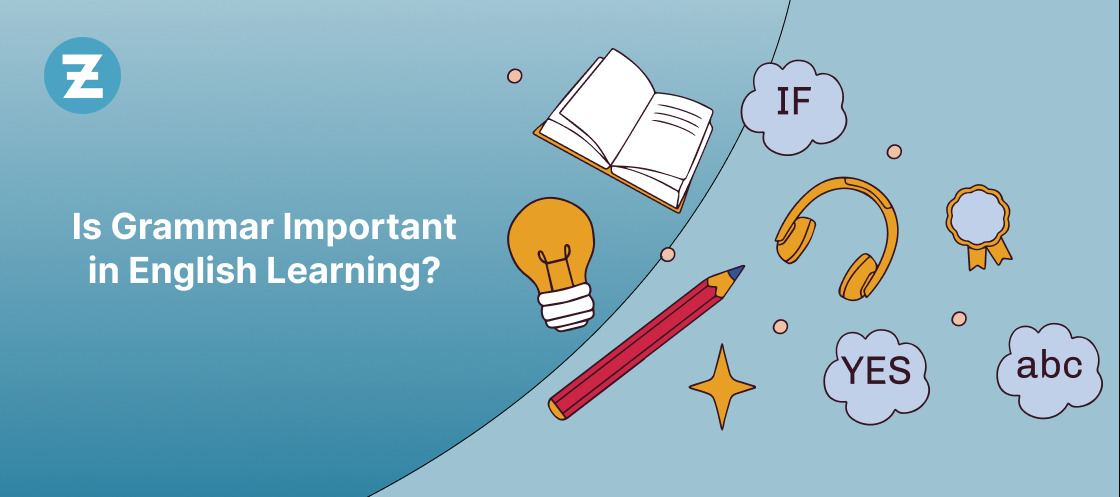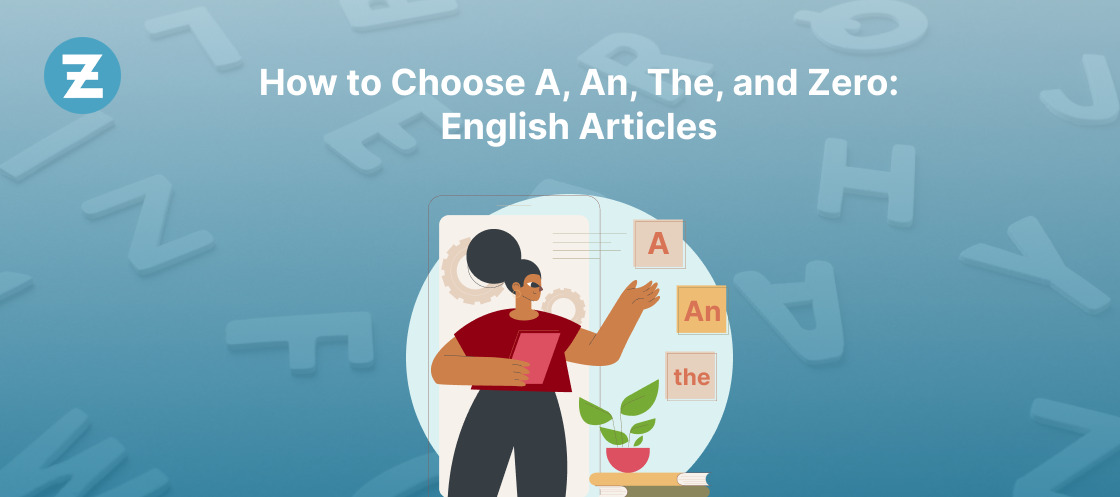What are homonyms and homographs?
Homonyms are words that have the same spelling and pronunciation as each other, but have different meanings. They can be confusing for those learning a new language, as well as for native speakers. In this blog, we’ll explore the definition of homonyms, the different types of homonyms, and the importance of understanding them in order to effectively communicate. So, let’s dive into the exciting world of homonyms!
English homonyms are words with the same spelling but different meaning. Examples include “bank” (a financial institution or the edge of a river) and “tear” (to cry or to rip). While homonyms can cause confusion, they can also be used to create humorous puns.
English homophones are words that are pronounced the same but have different spellings and meanings. Examples include “there” (at that place) and “their” (belonging to them). Knowing the difference between homophones can help people communicate more effectively, as misusing them can lead to confusion.
When you identify a homonym, it’s important to pay attention to how it’s used in context. This will help you to determine which meaning is intended. For example, if someone says “I read the book”, it’s likely they mean “I read the book”, not “I reed the book”.
Examples of English Words with Same Spelling but Different Meaning
Examples of homophones
Knowing how to distinguish between these words can be difficult, especially if you’re not a native English speaker. Here are some examples to help you remember the difference between some of these commonly confused words.
“Flour” and “flower”
“Flour” refers to a powder made by grinding grains or roots, while “flower” is the reproductive structure of a plant. An easy way to remember the difference is to think of what you’re going to bake with the flour. A cake, for example, is made with flour, while a bouquet of flowers is made with flower petals.
“Meat” and “meet”
&“Meat” refers to the flesh of an animal used as food, while “meet” means to come together or have a gathering. If you’re having a dinner party, you’ll need both meat and the guests to meet.
“Hear” and “here”
“Hear” means to perceive sound, while “here” means in or at this place. If you’re listening to music, you’re hearing it, but if you’re here at the concert, you’re in the same room as the band.
“Pear” and “pair”
“Pear” refers to a sweet fruit with a rounded shape, while “pair” means to match or connect two things together. You can pair a pear with a cheese plate or pair two socks together in your drawer.
Read Also: Professional English Words To Use In Workplace
“To” and “too”
“To” is a preposition indicating a direction, while “too” means in addition or excessive. If you’re going to the store, you’re going to it, but if you’re going there too, you’re going in addition to other people.
“Read” and “red”
“Read” means to interpret written or printed material, while “red” is a color. When you’re reading a book, you’re understanding the words on the page, but if the book is red, it’s likely that its cover is the color you’re seeing.
“Piece” and “peace”
“Piece” refers to a portion or part of something, while “peace” means freedom from disturbance or conflict. A peace treaty is composed of multiple pieces, and it sets the stage for a peaceful resolution to a conflict.
“Weather” and “whether”
“Weather” refers to the atmospheric conditions of a place, while “whether” is used to introduce a choice between two alternatives. When you’re talking about whether or not it’s going to rain, you’re referring to the weather, but when you’re asking someone whether they’d like to go with you, you’re asking them to choose between the two options.
“Accept” and “Except”
“Accept” means to receive something willingly, whereas “except” means to exclude or leave out. For example, if you were offered a job and accepted it, you would be happy to receive the job. However, if you were offered a job and excepted it, you would be declining the job.
“Affect” and “Effect”
“Affect” means to influence or make a difference to something, whereas “effect” refers to the result or outcome of something. For example, if you were to take a drink of a certain beverage and it affected your energy levels, it would mean that the beverage had an influence on your energy levels. The effect of the beverage would be that your energy levels were increased.
“Compliment” and “Complement”
“Compliment” is an expression of praise or admiration, while “complement” means to complete or enhance something. For example, if someone tells you that you look great, that is a compliment. If someone says that your outfit looks great with those shoes, it is a complement.
“Counsel” and “Council”
Giving guidance or advice is referred to as “counsel”. A “council” is a group of people elected to govern a city or town. Going to a lawyer for assistance would be an example of seeking counsel, while seeking help from the local municipal council would be an example of engaging a council.
Read Also: 20 English Phrases For Beginners to Learn
“Dual” and “Duel”
Consisting of two parts or elements, “dual” and “duel” have distinct meanings. A dual-core processor in a computer would have two processors, while a duel with someone would involve a physical fight.
“Gorilla” and “Guerilla”
A gorilla is a large ape that is found in Africa, while a guerilla is a member of a small, independent group fighting against a larger force. For example, sighting a gorilla in the wild is an encounter with a large ape, while the term guerilla is used to refer to a small group of individuals taking action against a powerful army.
“Illicit” and “Elicit”
“Illicit” means illegal or forbidden by law, while “elicit” means to evoke or draw out a response. For example, if you were to do something that was against the law, it would be considered illicit. If you were to ask someone a question and they responded, it would be considered eliciting a response.
“Lead” and “led”
The words “lead” and “led” have different uses. Lead can be used as a metal or a verb meaning to guide or direct, while led is the past tense of lead. When used as verbs, both refer to taking charge or guiding something.&
“Peek” and “peak”
“Peek” means to take a quick look, while “peak” refers to the highest point of something. A peak is the highest point or top of a mountain, while a peek is a quick glance or look.
“Principal” and “principle”
“Principal” refers to the head or leader of a school, while “principle” is a fundamental truth or law. A principal is the person in charge of a school, while a principle is a fact or rule that can be used as a foundation for other ideas or beliefs.
“Sight” and “cite”
“Sight” refers to the ability to see, while “cite” means to quote or reference something. Sight is the ability to see things with your eyes, while cite is to quote or reference something.
“Stationary” and “stationery”
“Stationary” means not moving or fixed in place, while “stationery” refers to writing materials. Stationary items are things that stay in one place, such as furniture or books, while stationery is used for writing, like paper or pencils.
“Than” and “then”
“Than” is used to compare two things, while “then” refers to a specific time or sequence of events. Than is used to compare two things, such as saying one person is taller than the other, while then is used to describe a sequence of events, such as saying one thing happened and then another.
“Their” and “there”
“Their” indicates possession by a group of people, while “there” refers to a place or location. Their is used to show possession, such as saying someone has their hat on, while there is used to describe a location, such as saying the food is over there.
“To” and “two” and “too”
“To” is a preposition indicating a direction, while “two” is the number 2 and “too” means in addition or excessive. To is a preposition used to indicate a direction or purpose, such as saying to go to the store, while two is the number 2 and too means in addition or excessive, such as saying I have too much work to do.
Read Also: 15 Weird English Words To Add To Your Vocabulary
Examples of homographs
Do you know how to differentiate between words that sound alike but have different meanings? It’s a tricky concept, but one that you must understand if you want to become a master of language. Let’s take a closer look at these words and their multiple meanings and pronunciations.
“Close” can be pronounced like “klohz,” used to describe shutting something, or “klohs,” used to describe something that is near or intimate.
“Content” can be pronounced like “kon-tent,” used to describe the substance or material within something, or “kon-tent,” used to describe someone who is satisfied or happy with something.
” can be pronounced like “dez-ert,” used to describe a dry and barren area of land, or “dez-ert,” used to describe abandoning someone or something.
“Lead” can be pronounced like “leed,” used to describe a heavy metal, or “led,” used to describe guiding or directing someone.
“Object” can be pronounced like “ob-jekt,” used to describe a physical thing that can be seen or touched, or “ob-jekt,” used to express disapproval or opposition.
“Permit” can be pronounced like “per-mit,” used to describe an official document allowing someone to do something, or “per-mit,” used to allow or authorize something.
“Present” (pronounced like “pre-zent”) – something given to someone as a gift;&
“Present” (pronounced like “pre-zent”) – to show or introduce something.
“Produce” (pronounced like “pro-doos”) – fruits and vegetables;&
“Produce” (pronounced like “pro-doos”) – to make or create something.
“Record” (pronounced like “rek-ord”) – a written account of something;
“Record” (pronounced like “ri-kord”) – to make a sound or video recording.
“Refuse” (pronounced like “reh-fyooz”) – to decline or reject something;
“Refuse” (pronounced like “reh-fyooss”) – garbage or waste.
“Row” (pronounced like “rou”) – a line of things or people;
“Row” (pronounced like “roh”) – to paddle a boat.
“Tear” (pronounced like “tair”) – to rip something;&
“Tear” (pronounced like “teer”) – a drop of water that comes out of your eye.
“Wind” (pronounced like “wind”) – the movement of air;&
“Wind” (pronounced like “wynd”) – to turn or twist something.
Read Also: 20 most attention-grabbing longest words in English!
Examples of words with same spelling and sound
“Bank” – the side of a river or financial institution.
“Book” – a bound collection of pages or to reserve something.
“Fair” – just and reasonable or an event where goods are sold.
“Light” – something that illuminates or having little weight.
“Match” – a contest or to make something correspond.
“Pen” – a writing instrument or an enclosure for animals.
“Ring” – a circular piece of jewelry or to make a bell sound.
“Rock” – a solid mineral material or to sway back and forth.
“Seal” – a marine animal or to close tightly.
“Tear” – to rip or a drop of water from your eye.
“Tie” – a piece of fabric to wear around the neck or to fasten something.
“Wave” – a moving swell of water or to move your hand back and forth.
“Watch” – a timepiece or to observe closely.
“Wind” – the movement of air or to twist something.
“Bear” – an animal or to carry something.
“Bow” – a knot or to bend forward.
“Calf” – a baby cow or the lower part of your leg.
“Can” – a container or to be able to do something.
“Die” – to cease living or a small cube with numbers on each side.
“Saw” – a cutting tool or the past tense of the verb “see.”
Tips on how to differentiate similar english words
Understand the meaning of the words: Knowing the meanings of the words will help you use them correctly and avoid confusion. Look up the definitions of the words in a dictionary or thesaurus.
Pay attention to spelling and pronunciation: Similar words may have slight differences in spelling or pronunciation that can help you distinguish them. Practice saying the words aloud to get a better sense of their pronunciation.
Use the words in context: Use the words in sentences to see how they are used in context. This can help you understand the meaning of the words and use them correctly.
Learn common collocations: Certain words are commonly used together with other words. Learning these collocations can help you use the words correctly and avoid confusion.
Look for synonyms and antonyms: Synonyms and antonyms can help you understand the meaning of the words and how they differ from other similar words.
Practice, practice, practice: Use the words in your writing and speech as often as you can. The more you practice using the words, the more confident you will become in your ability to distinguish between similar English words.
To Sum Up
The English language is full of words that share the same spelling but different meaning. These are known as homonyms and can often cause confusion. However, with careful attention to context, we can use them correctly and avoid any misunderstandings. To further enhance your English language skills, you can try using the free language improvement app, Zoundslike. This interactive learning environment provides engaging games and exercises that make learning English easy and enjoyable. Download the app now and start improving your English language proficiency today!



